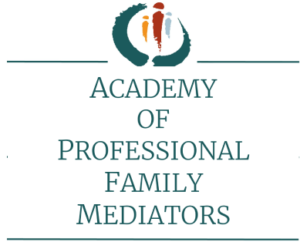If you are over 50, you may have spent much of your adult life as a husband or wife. Still, while divorce rates for other age groups have been on the decline in recent years, they are on the rise for older couples. If your children have grown and left the home, you may be at increased risk of ending your marriage.
According to the Mayo Clinic, empty nest syndrome occurs when a parent experiences sadness, anger, depression or a sense of loss after his or her children move away from the family home. While empty nest syndrome is apt to take a toll on your emotional health, it may also be disastrous for your marriage. Here are three reasons an empty nest may lead to a divorce.
- Conflicting feelings
While marriage is a union, each spouse remains an individual. Therefore, you and your partner may have conflicting feelings about your empty nest. For example, you may feel lonely, while your husband or wife enjoys the newfound quietness. Conflicting feelings may foster anger, resentment or tension between you and your spouse.
- A lack of emotional support
Like many parents, you and your spouse devoted considerable energy to raising your kids. If you used your role as a parent for emotional strength, empty nest syndrome may make you experience a loss of emotional support. If your spouse is either unable or unwilling to fill this void, you may be heading for an inevitable divorce.
- New stressors
Part of parenting is preparing your children for adulthood, but rather than ending when a child leaves home, your role changes. This change may bring about additional stressors. You may worry about your child’s living arrangements, educational prospects, financial abilities or other matters. These new sources of anxiety may be harmful to your marriage.
Understanding empty nest syndrome and the risk of divorce may help you make the right decisions about the future of your marriage.
























